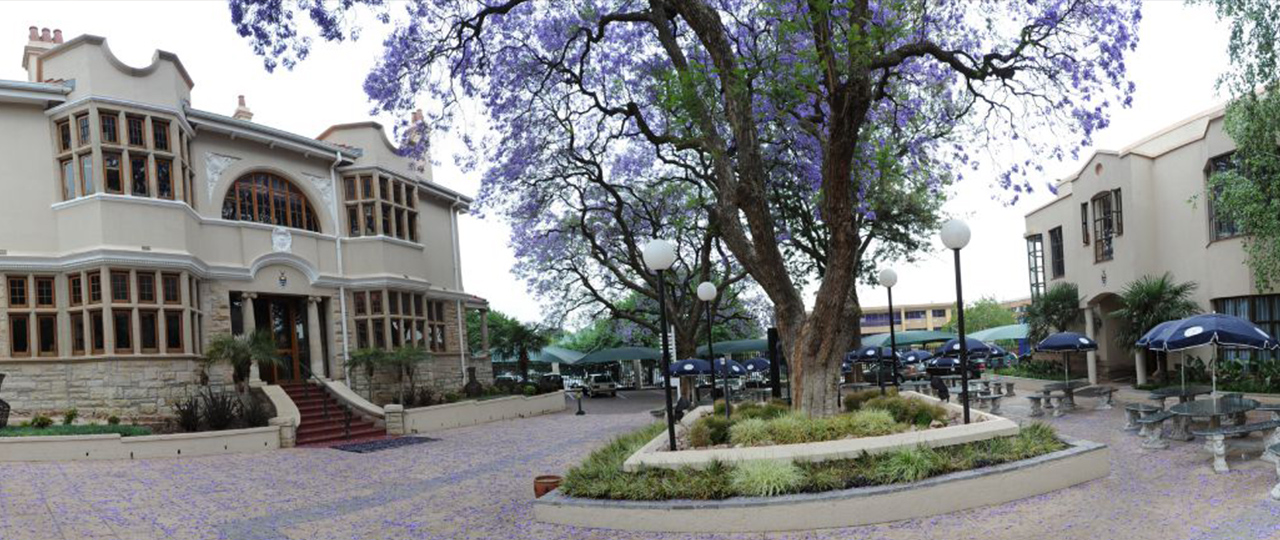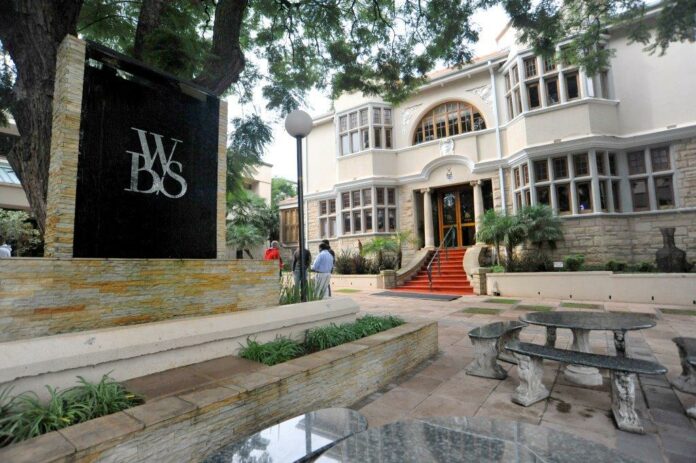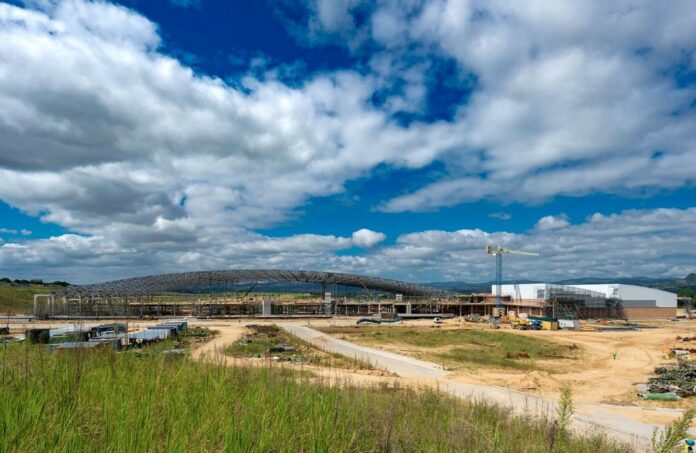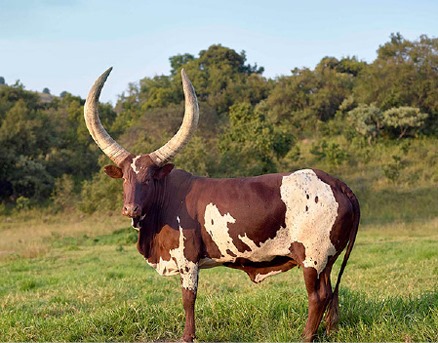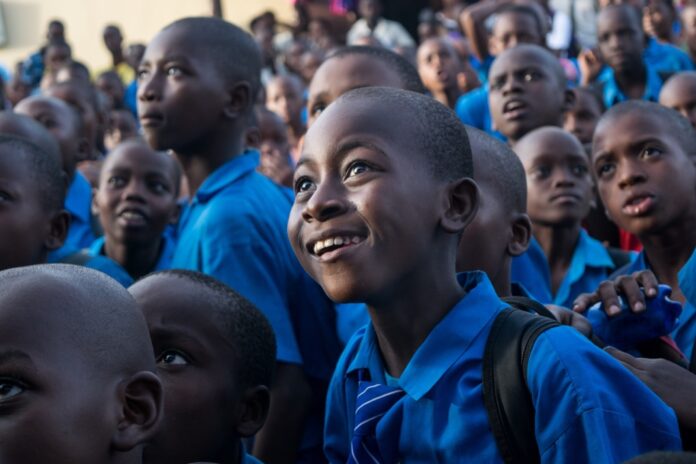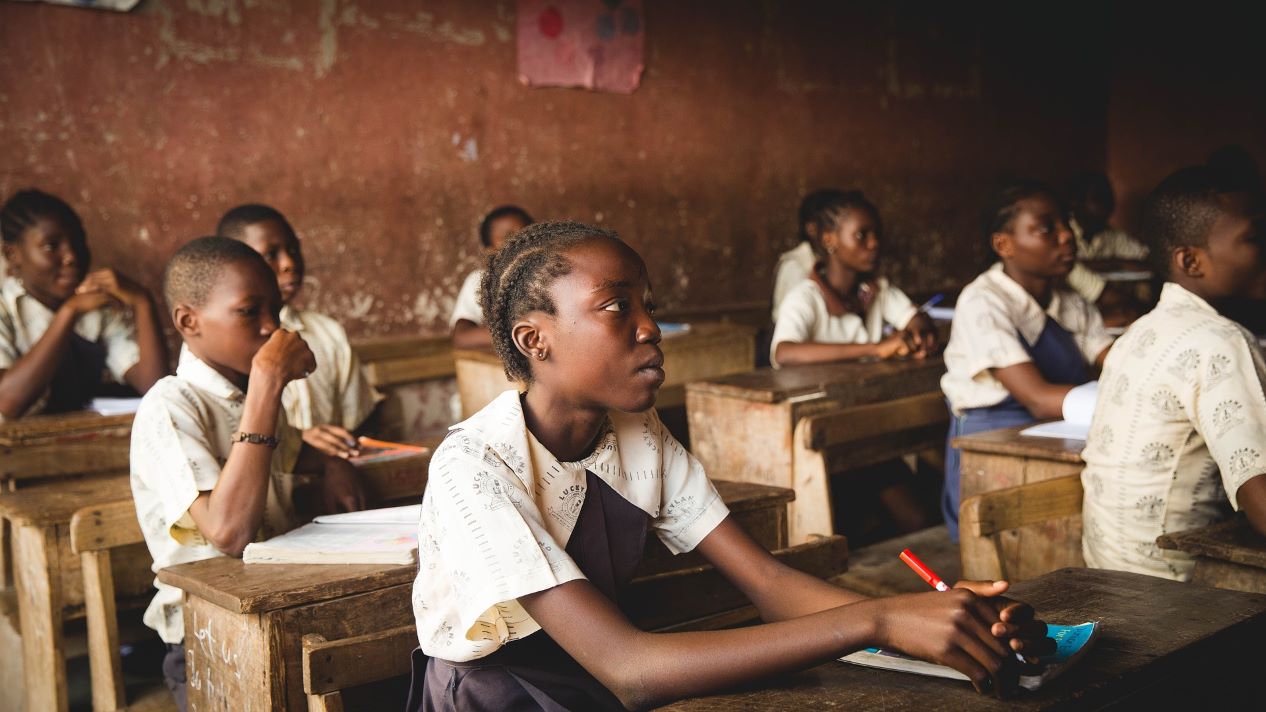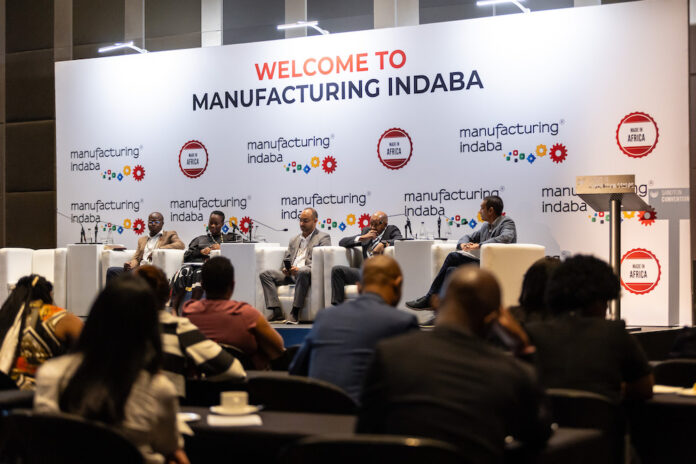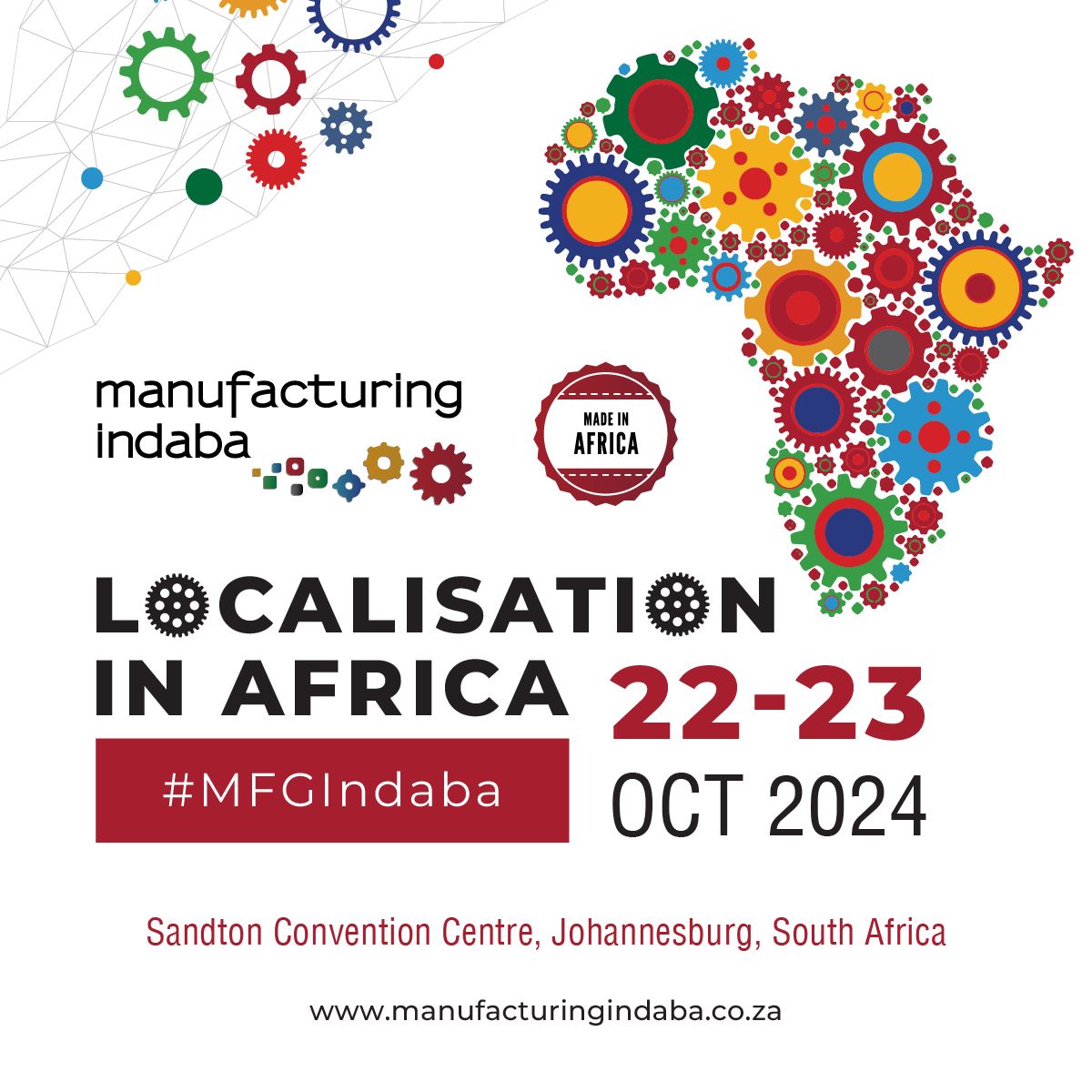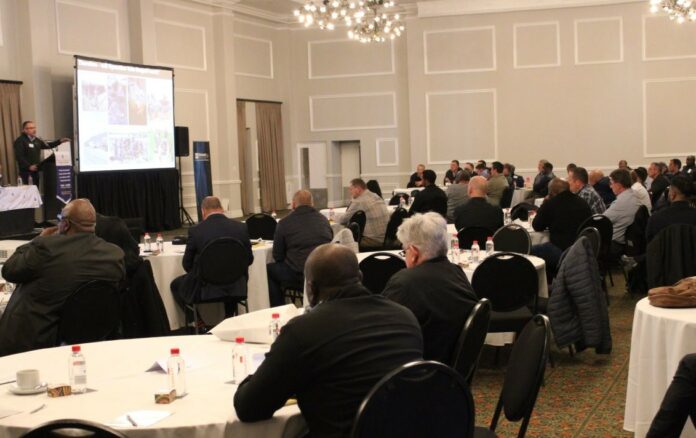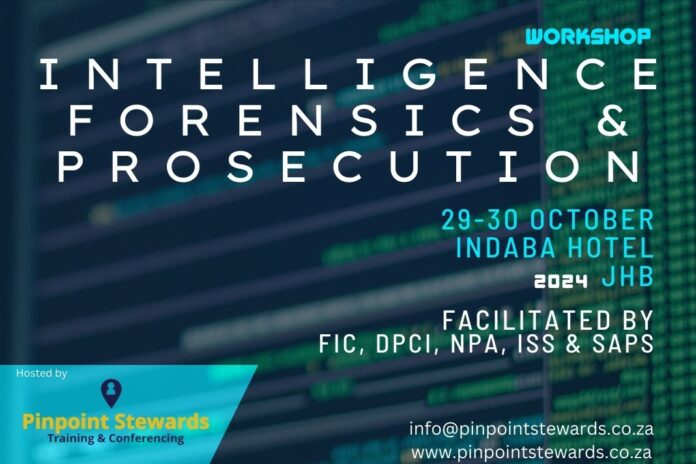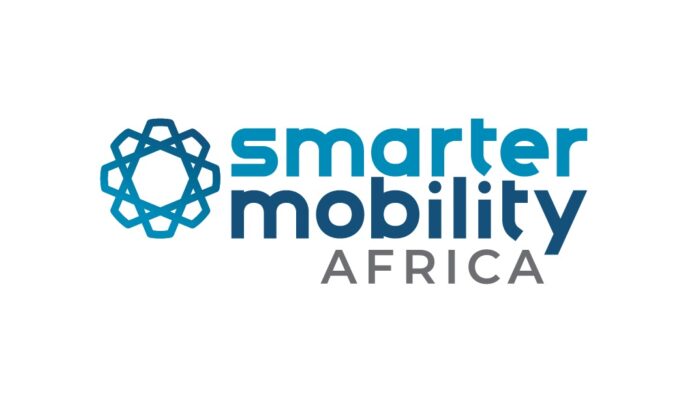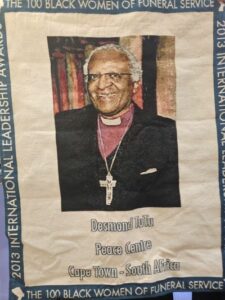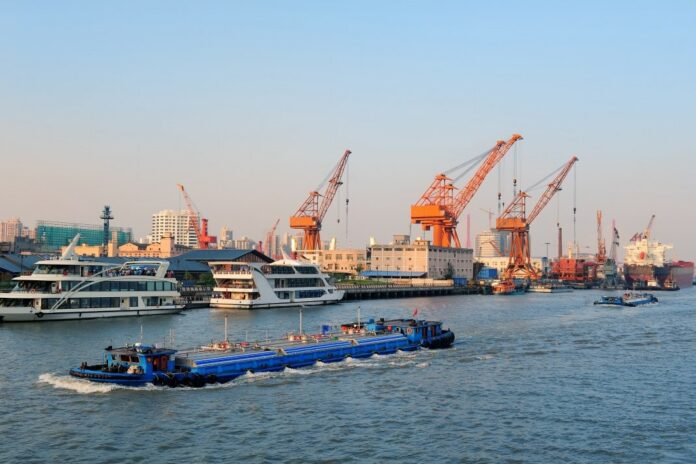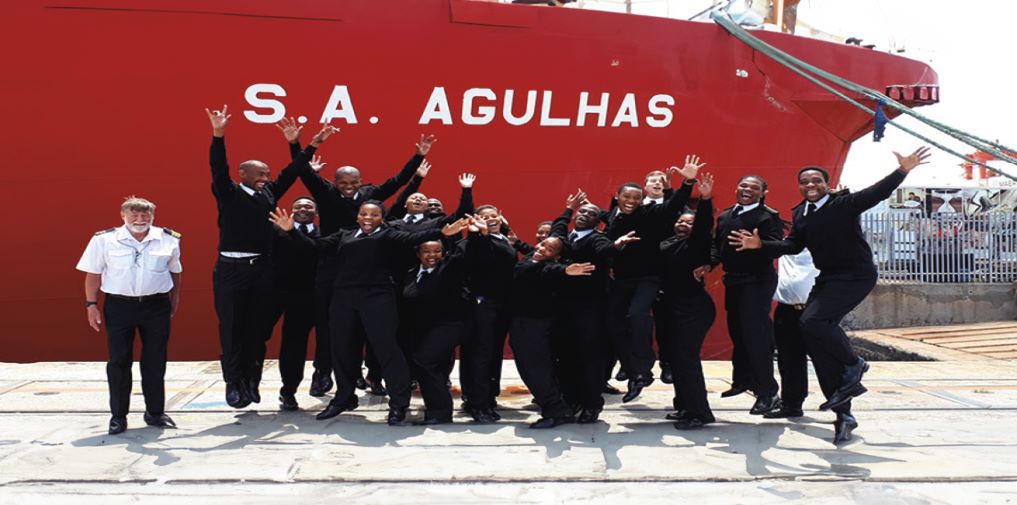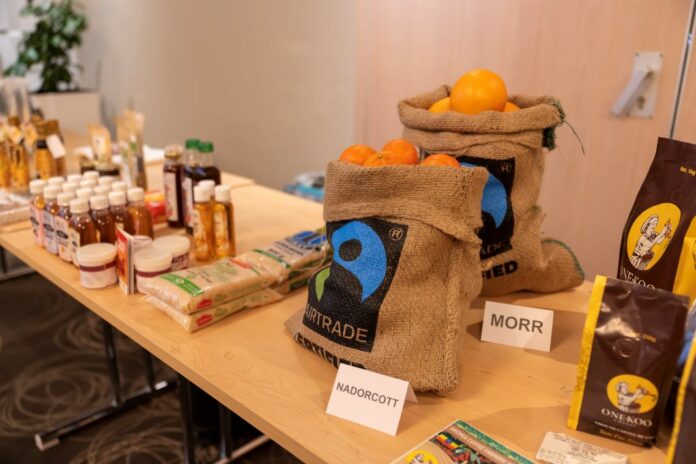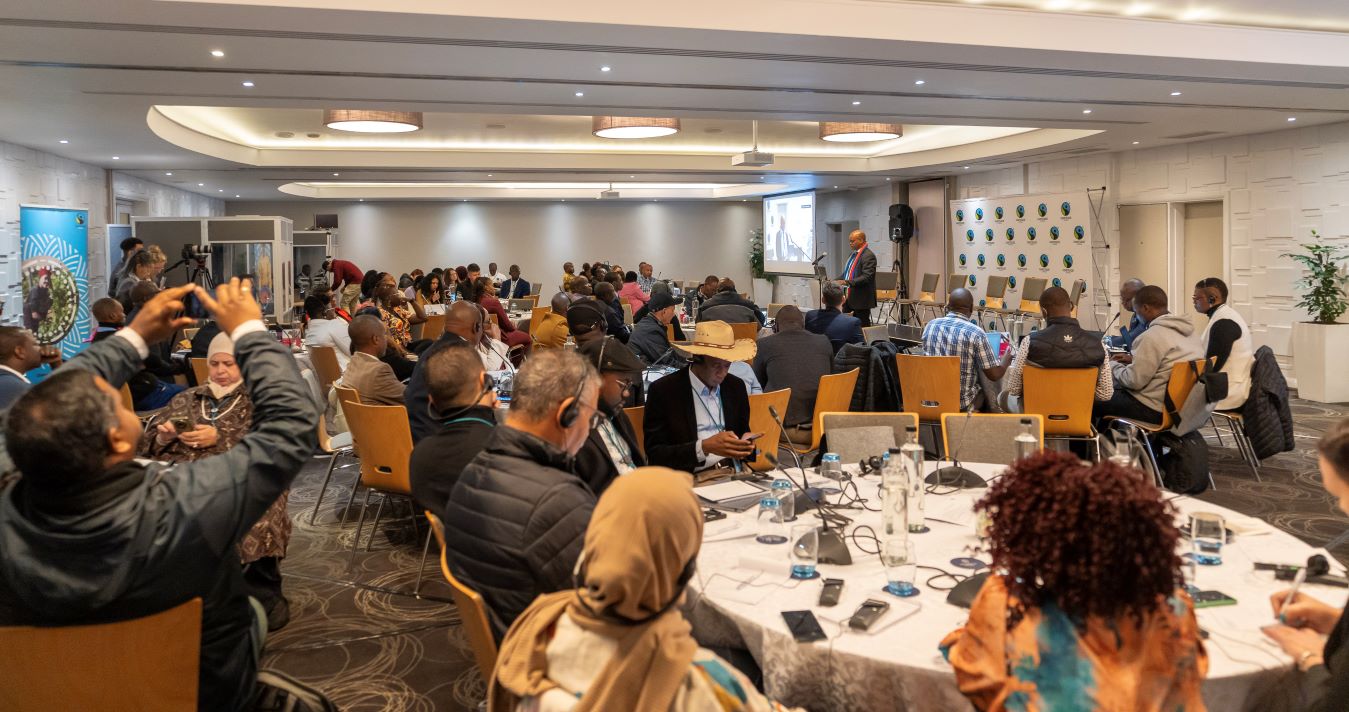Wits Business School aims to equip leaders with the skills and competencies to drive change, generate opportunity and provide innovative solutions to global issues.
Service magazine speaks to the school’s director of executive education, Leoni Grobler.
Please share your career trajectory to this point.
I’ve worked in the higher education sector for almost 27 years. Before joining Wits Business School (WBS) as Director of Executive Education in 2021, I was appointed as CEO of Regenesys Business School. I’m a Certified Associate in Banking (CAIB SA), completed my MBA in 2014 and am currently registered for the Doctor of Management in Technology and Innovation at the Da Vinci Institute.
What is WBS’s vision and mission?
Vision. WBS will be a leading African business school embedded among the best business schools internationally.
Mission. At the heart of WBS is a mission to graduate agile and ethical leaders who will positively impact the world. We will achieve this through empowering education, relevant research and impactful public discourse. This is why we ensure that everything we do at the WBS is guided by three principles: critical thinking, innovation and sustainability.
How do you translate this mission at WBS?
All programmes offered at WBS are underpinned by the following graduate competencies and reinforce what we aim to achieve:
- Entrepreneurial, innovative and creative in solving organisational and societal problems.
- Drive sustainable solutions for society, our planet and business.
- Lead with purpose, integrity and accountability.
- Sensitive and personally responsive to the needs of society and their organisations as change agents for the common good.
Why choose WBS?
WBS has transformed the lives and careers of thousands of graduates and is one of the most recognised schools in Africa. Under the leadership of our head of school, Professor Maurice Radebe, significant strides have been made to improve the growth and transformation of the school. The enduring “Wits” brand, recognised internationally, continues to symbolise academic rigour, research excellence and thought leadership on the African continent.
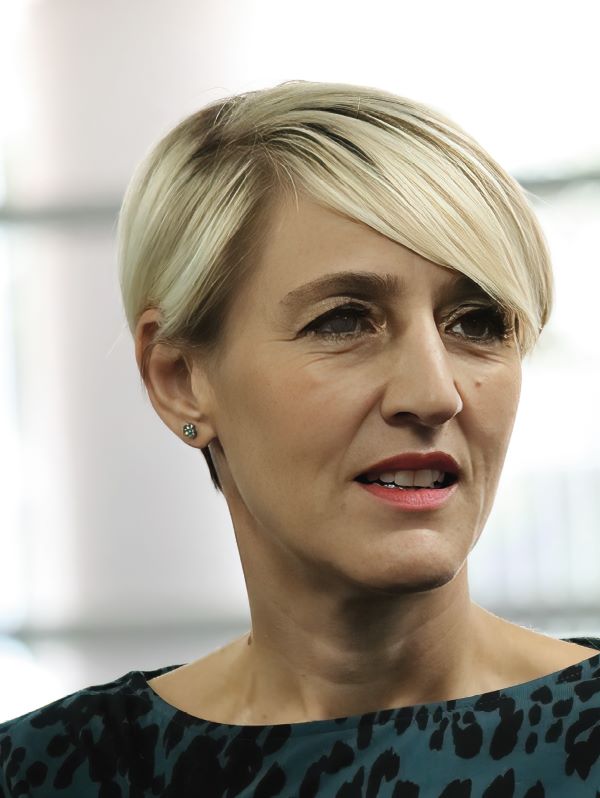
What programmes does WBS Executive Education offer?
We offer both open enrolment and customised programmes targeted at senior executives, managers and new managers. Our insightful programmes are designed to address organisations’ immediate and future needs by empowering employees to drive change, manage and lead teams, and adopt innovative approaches to solving complex problems.
Our growing client base is a testament to a quality offering that impacts personal and organisational performance.
Please talk to us about the importance of lifelong learning.
How do we embrace ever-changing business trends and find comfort in the unknown? I believe everyone should be given a chance to secure a new career or explore opportunities to upskill themselves towards a better and brighter future.
Complacency is the biggest threat to professionals and their careers. The world is forcing us to be far more fluid in how we think, and nobody can afford to resist change. For this reason, we see lifelong learning as a critical focus area for those wanting to remain relevant and succeed in life.
Business leaders require specific skills and competencies which allow them to adapt to internal and external disruptions; therefore flexibility, agility and resilience are important skills which require continuous improvement.
We offer both open enrolment and customised programmes targeted at senior executives, managers and new managers. Our insightful programmes are designed to address organisations’ immediate and future needs by empowering employees to drive change, manage and lead teams, and adopt innovative approaches to solving complex problems.
What skills are required for the new world of work?
Thriving in the new world of work requires a blend of technical, interpersonal and adaptive skills. At WBS, we consider digital literacy, critical thinking, ethical judgment, flexibility, emotional intelligence, collaboration, leadership influence and sustainability as the key skills to be improved.
The Management Advancement Programme (MAP) for Future Change Leaders caters for managers and future leaders, equipping them to deal with the changing global environment.
WBS has positioned itself as a centre of discourse on a range of socio-economic issues facing Africa. Please expand.
Research is inextricably linked to nurturing critical thinkers and, in business, it’s an essential management skill needed to identify and solve problems. Our students learn to collect, analyse, organise and critically evaluate information. They also access, analyse and debate up-to-date research and real-life case studies as part of their rich experience at WBS. As a business school, we pursue new, high-impact, forward-thinking and relevant research that contributes locally and globally to knowledge and teaching about business, management and economics.

WBS seeks to have a meaningful and positive impact extending beyond the classroom. Under the Directorate of Development and Partnerships, the school hosts regular public events such as panel discussions, conferences and dialogues. The WBS Leadership Dialogue series features some of South Africa’s most influential business leaders who are invited to talk about their leadership lessons and philosophy for a public audience.
Please tell us about WBS’ Women in Leadership programme.
The number of women in executive positions globally remains disturbingly low. The Women in Leadership programme has been designed to address this issue by exploring the South African workplace paradigm and the delegate’s own identity and emotional intelligence to develop higher communication levels and leadership skills.
Besides an increased self-awareness regarding their attributes as a leader, our delegates enhance their leadership skills and learn how to apply new tools for effective workplace communication, negotiation and conflict resolution. Each delegate works on their personal leadership quest during the course using the skills and knowledge developed to design a personal brand and leadership plan.
How has this programme impacted women’s lives?
In December 2022, WBS and the Finance and Accounting Services Sector Education and Training Authority (FASSET) signed a three-year partnership agreement to transform the careers of black female leaders in the sector.
The customised Women in Leadership programme targets executive, middle and junior management level positions of FASSET-related qualifications/skills and those employed in various sectors including Post School Education and Training (PSET) institutions. Over 520 female delegates have graduated from the Women in Leadership programme.
What about companies wishing to change the narrative of executive gender imbalance?
I have some ideas that companies could potentially consider should they wish to change the narrative:
- Promote gender-sensitive leadership development programmes tailored to specifically address women, focusing on barriers such as limited access to networks and mentorship. This type of programme creates a pipeline of qualified women ready to step into executive roles, challenging the narrative that women are less suited for leadership.
- Highlight success stories of female leaders by showcasing women executives in the media, internal communication and public platforms. By celebrating the achievements of female leaders, companies can inspire others and demonstrate that women can thrive in executive roles.
- Engage men as allies by educating male leaders and employees on gender issues and involve them in initiatives aimed at promoting gender balance.
Please share a message with women wishing to develop themselves personally and professionally.
Your personal and professional development is a testament to your resilience and unwavering commitment to growth. In every challenge lies an opportunity, in every setback a lesson. Embrace each experience as a stepping stone towards your greatness. Never underestimate the power of your voice, ideas and unique perspective. You can influence change, break barriers and lead with integrity.
As you continue to develop yourself, know that you are not alone. You are part of a global sisterhood of rising women, transforming the world with their intelligence, creativity and compassion. Draw strength from this collective energy and let it propel you forward.
Find out more, visit Wits Business School online at https://www.wbs.ac.za/
